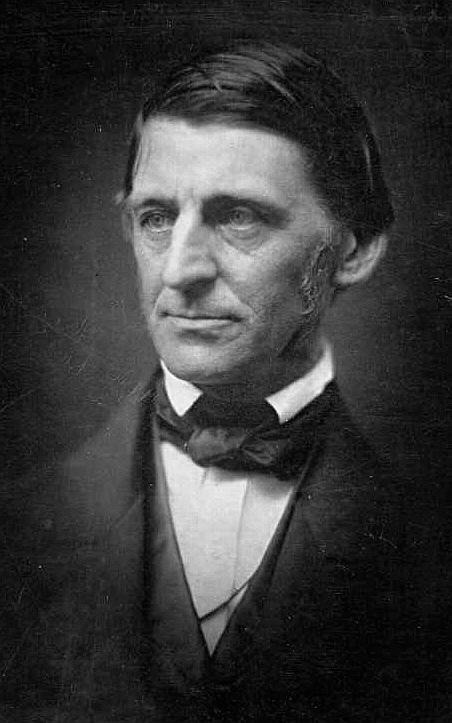 This week, theDiagonal focuses its energies on that most precious of natural resources — water.
This week, theDiagonal focuses its energies on that most precious of natural resources — water.
In his short poem “Water”, Ralph Waldo Emerson reminds us of its more fundamental qualities.
Emerson published his first book, Nature, in 1836, in which he outlined his transcendentalist philosophy. As Poetry Foundation elaborates:
His manifesto stated that the world consisted of Spirit (thought, ideas, moral laws, abstract truth, meaning itself ) and Nature (all of material reality, all that atoms comprise); it held that the former, which is timeless, is the absolute cause of the latter, which serves in turn to express Spirit, in a medium of time and space, to the senses. In other words, the objective, physical world—what Emerson called the “Not-Me”—is symbolic and exists for no other purpose than to acquaint human beings with its complement—the subjective, ideational world, identified with the conscious self and referred to in Emersonian counterpoint as the “Me.” Food, water, and air keep us alive, but the ultimate purpose for remaining alive is simply to possess the meanings of things, which by definition involves a translation of the attention from the physical fact to its spiritual value.
By Ralph Waldo Emerson
– Water
The water understands
Civilization well;
It wets my foot, but prettily,
It chills my life, but wittily,
It is not disconcerted,
It is not broken-hearted:
Well used, it decketh joy,
Adorneth, doubleth joy:
Ill used, it will destroy,
In perfect time and measure
With a face of golden pleasure
Elegantly destroy.
[div class=attrib]Image courtesy of Wikipedia / Creative Commons.[end-div]
